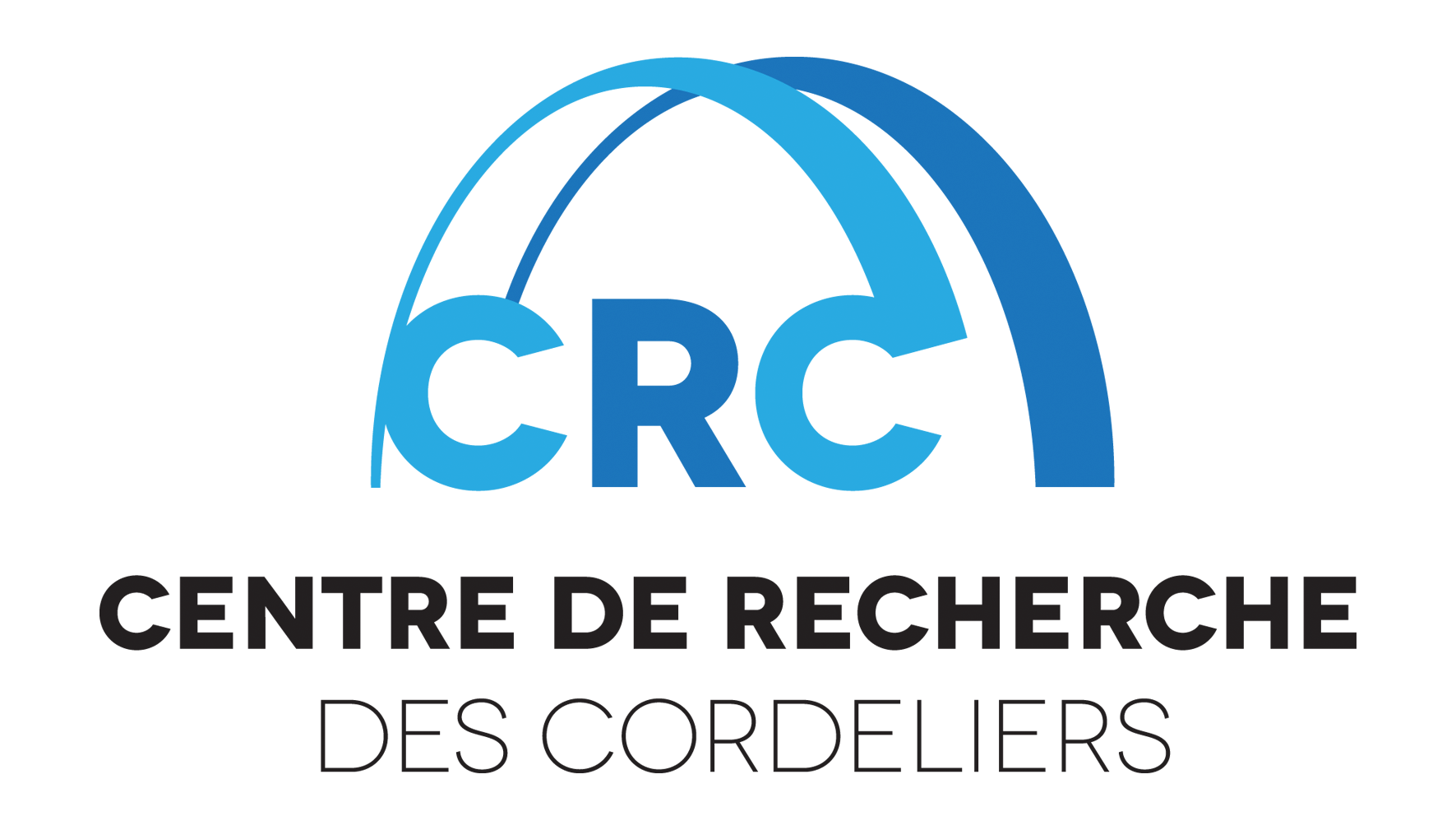Par : Aveline Filliol (Sloan-Kettering, NY)
Date : lundi 18 décembre 2023
16:00 - 17:00
Lieu : Amphi Gustave Roussy
Abstract:
Hepatocellular Carcinoma (HCC) is the fourth leading cause of cancer mortality worldwide and often arises in the context of chronic liver disease and advanced fibrosis. We investigated the roles of fibroblasts and fibrosis during hepatocarcinogenesis. In the liver, hepatic stellate cells are the main source of myofibroblasts and, upon activation, produce a large amount of extracellular matrix (ECM) such as collagens and growth factors like Hepatocyte Growth Factor (HGF). Here, we genetically activated, inhibited, or depleted HSCs (via LratCre/floxed mediated approaches) in multiple models of liver disease-induced HCC. HSCs were enriched in the adjacent fibrotic liver where they closely interacted with hepatocytes, modulating hepatocarcinogenesis by regulating hepatocyte proliferation. Single-cell RNA sequencing technologies of mouse and human fibrotic livers revealed two subpopulations of HSCs. Myofibroblastic HSCs (myHSCs) were enriched in Collagen type 1, the accumulation of which led to liver stiffness, activation of the mechanosensitive protein TAZ, and subsequent hepatocyte proliferation and tumorigenesis. Additionally, collagen type 1 activated the collagen receptor discoidin domain receptor tyrosine kinase DDR1 in hepatocytes and tumor cells, promoting HCC development. The second subpopulation displayed a more quiescent state and was enriched in cytokines and growth factors like HGF. In contrast to collagen type 1, HGF protected hepatocytes from cell death and tumorigenesis. Finally, we observed an increased imbalance between myHSC and cyHSC gene signatures during liver disease progression associated with elevated HCC risk in patients. In summary, the dynamic shift in HSC subpopulations and their mediators during chronic liver disease marks a transition from HCC protection to HCC promotion.
Bio:
After successfully defending her PhD at the University of Rennes 1 under the supervision of Dr. Michel Samson, focusing on the mechanisms of hepatocyte cell death in hepatitis—the key driver of liver disease—Dr. Aveline Filliol joined the laboratory of Pr. Robert Schwabe at Columbia University in New York. Her research at Columbia University concentrated on the later complications of liver disease, specifically emphasizing liver fibrosis and the development of hepatocellular carcinoma. Using mouse models and employing single-cell RNA sequencing, she unveiled a dual role of hepatic stellate cells, both in promoting and inhibiting liver tumorigenesis. Following the publication of her work in Nature in 2022, Dr. Filliol transitioned to the laboratory of Dr. Scott Lowe at Memorial Sloan Kettering Cancer Center in New York. There, she is delving into senescence programs and patient treatment responses, utilizing cutting-edge spatial imaging technologies.
Tous les séminaires
